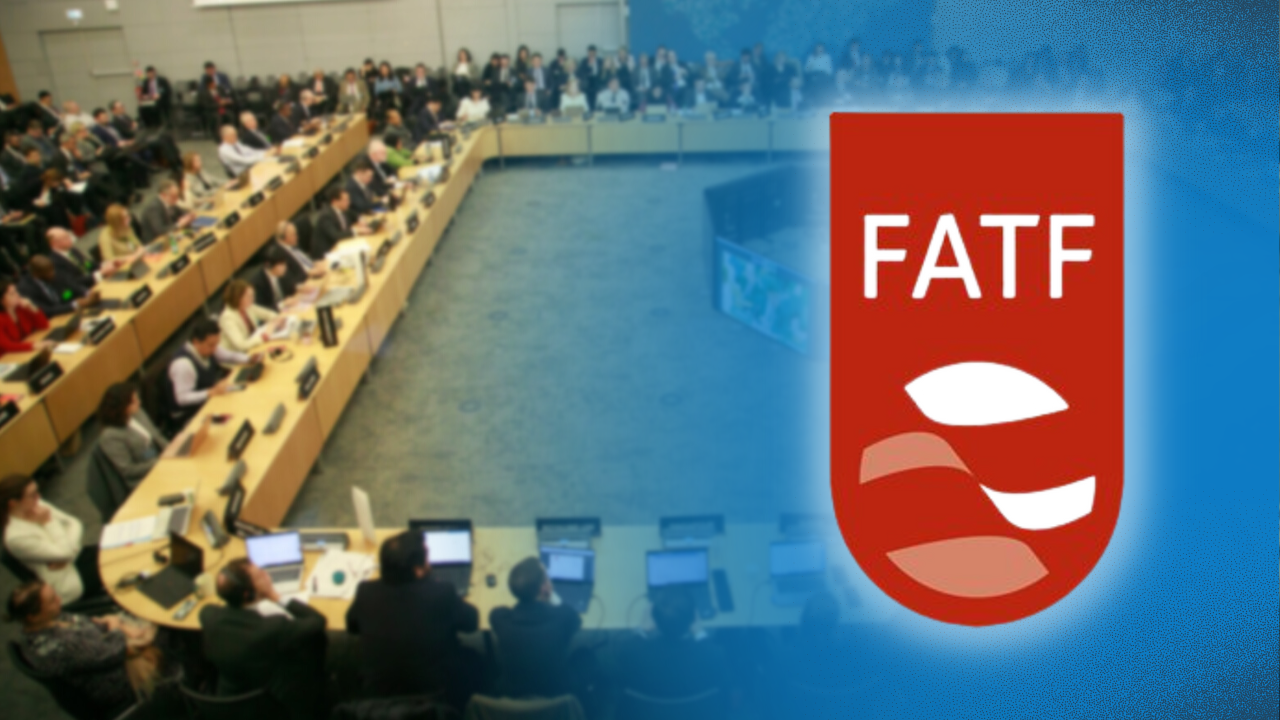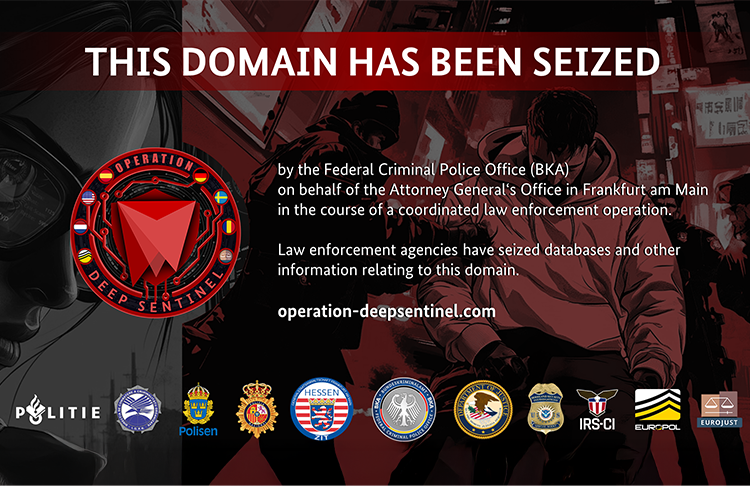
In another sign of the international community’s approval of the country’s measures against financial crimes, the European Commission (EC) has removed the Philippines from its list of jurisdictions with a “high risk” of money laundering and terrorism financing. The decision, which is subject to review by the European Parliament and Council, is expected to boost the country’s international reputation in the fight against dirty money and ease access to European financial services.
Only last February, the Paris-based multinational watchdog Financial Action Task Force (FATF) took out the country from its “gray list” of jurisdictions under increased monitoring, a major factor considered by the EC in its latest move, along with bilateral dialogues and on‑site visits.
The biggest challenge now is how to keep the Philippines out of these lists. Doing so will be doubly hard moving forward considering the technological advancements in the global financial system. “To stay out of those dirty money lists, we’re now trying to identify emerging risks,” Bangko Sentral ng Pilipinas governor Eli M. Remolona Jr. said in reaction to the EC decision. The Anti-Money Laundering Council (AMLC) is also pushing amendments to the Anti-Money Laundering Act as part of its next steps to keep the country off the list.
Nefarious purposes
The changes will focus on aligning the law with international standards, particularly in monitoring virtual asset service providers (VASP) and the crypto currency sector. Controlling the risks involving virtual assets (VA) and VASPs will be the most laborious for the AMLC, its member agencies, and the financial system in general.
As the FATF has pointed out, VAs have certain characteristics that make them more susceptible to abuse by criminals, money launderers, terrorist financiers, and other illicit actors. Among these are their global reach, capacity for quick settlement, ability to enable “individual user-to-individual user” transactions, and increased anonymity and obfuscation of transaction flows.
The task at hand is to devise a national framework that complies with the FATF’s “recommendations”—or impositions—to mitigate the money laundering and terror financing risks associated with VA activities. The recommendations, which the FATF collectively calls “guidance,” take into account “the rapid development, increasing functionality, growing adoption, and global, cross-border nature” of VAs and warned that “just as illicit actors can abuse any institution that engages in financial activities, [they] can abuse VASPs engaging in VA activities, for money laundering, terrorist financing, sanctions evasion, fraud, and other nefarious purposes.”
Terror financing
For instance, it noted that as with many financial payment methods, VAs can enable nonface-to-face business relationships and be used to rapidly move funds globally. VA products or services that facilitate pseudonymous or anonymity-enhanced transactions also pose higher risks, the FATF said. If customer identification and verification measures do not adequately address the risks associated with nonface-to-face or opaque transactions, the FATF noted that money laundering and terror financing risks increase, as does the difficulty in tracing the associated funds and identifying the parties to the transaction.
The FATF has prescribed measures that countries should take to truly minimize the risk of money laundering and terror financing involving VAs and VASPs. Last month, President Marcos urged government agencies to implement stronger law enforcement and a resilient financial system to ensure the Philippines never returns to the Paris-based watchdog’s list. In a speech to honor those who worked hard to secure the country’s removal from the FATF list, he emphasized that “the work is not yet finished” and the country needs “to exert twice the effort” to sustain its progress.
Financial crimes
“We must work even harder to institutionalize reforms. We must tighten our enforcement against money laundering and terrorism financing. We must strengthen our financial system so that it can withstand the more sophisticated and technologically advanced challenges faced by the financial sector,” he said.
But in its zeal to comply with the FATF standards, the Philippine government must ensure that the anti-money laundering mechanisms are not used to violate the rights of citizens and organizations being tagged as government critics.
The AMLC now has the responsibility of ensuring that the Philippines has a well-defined, effective, and established framework that will substantially reduce the financial crime risks associated with VA activities. And this should be in place and working when the FATF conducts its next assessment of the country in 2027. Lacking this, the country can still stay off the list by simply deciding to prohibit VA activities or VASPs. However, this will deprive the Philippines of the economic benefits from a growing VA sector.



